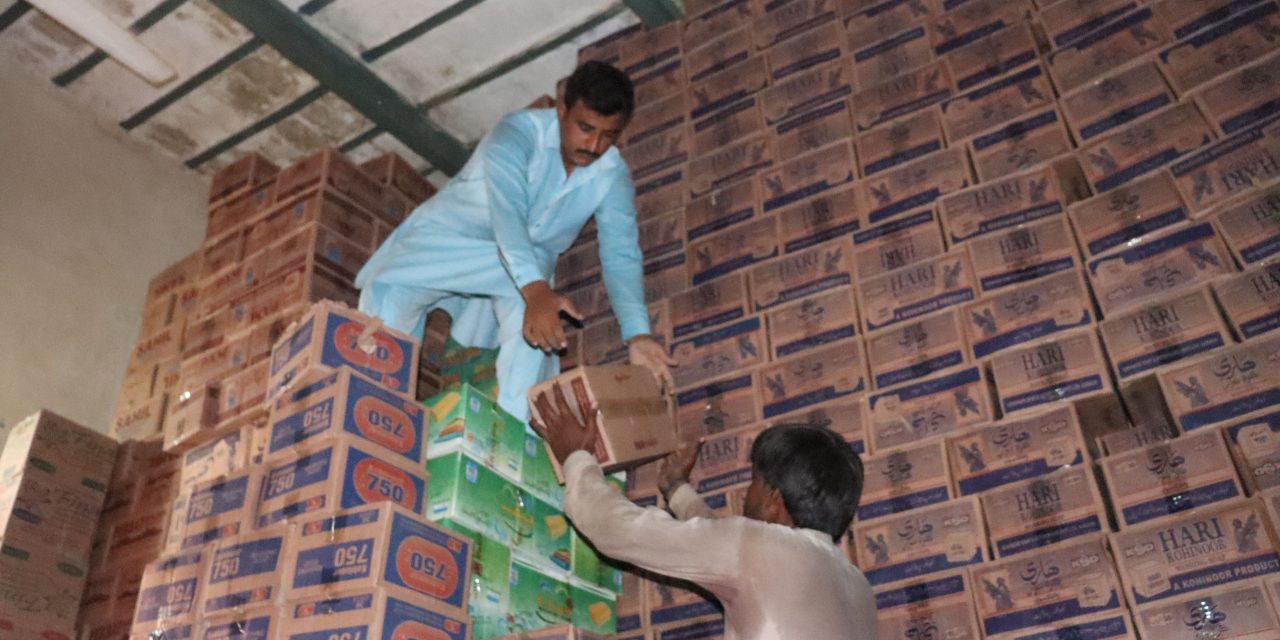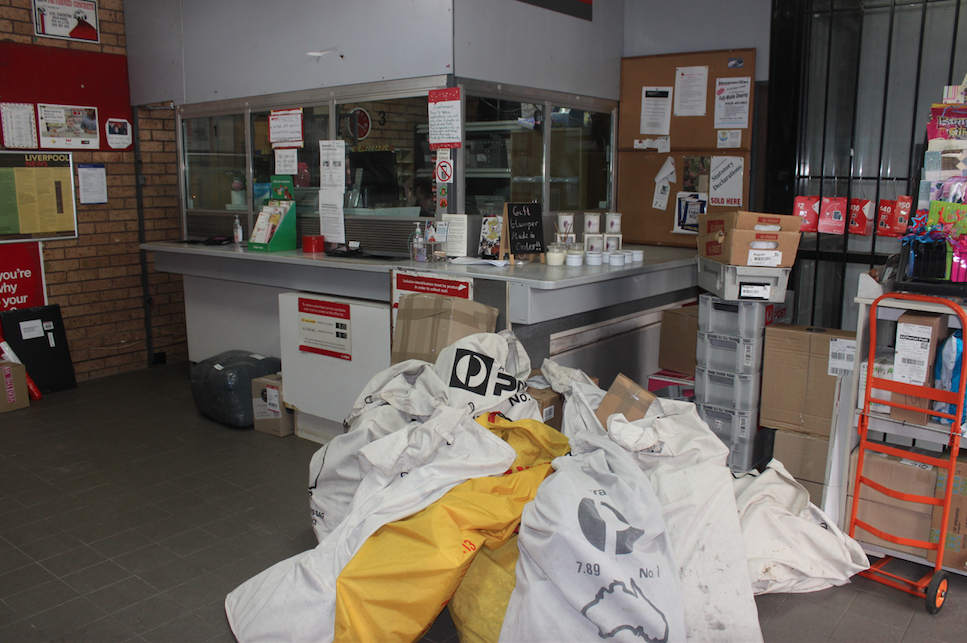*There are no standard COVID-19 procedures in this Pakistan soap factory (Photo: Sehar Naz Janani)
Briannah Devlin from the University of Technology Sydney (UTS) and Sehar Naz Janani from the University of Central Asia Kyrgyzstan met some of the essential workers in their home towns who have remained ‘invisible’ during the pandemic.
THE SOAP FACTORY – SINDH, PAKISTAN
Sindh is the second most populous province of Pakistan and the country’s worst-hit region for coronavirus infections. According to the Government of Pakistan’s official website, there were more than 112,000 confirmed cases of coronavirus in Sindh, as of July 19.
There are no laboratories testing for coronavirus in the province, and no new hospitals have been opened to assist in the treatment of the novel disease.
Pakistan’s Minister for Planning, Development and Special Initiatives Asad Umar, told media in early July that while the situation in Pakistan was improving due to people following “precautionary measures” such as social distancing, Sindh remained a hot spot for infection.
At Hashim Sultan’s soap factory in the south-eastern province, there are no COVID-19 “precautionary measures” being followed, such as social distancing, wearing gloves and masks, or sanitising workspaces.

“I knew COVID-19 was going to last long. I could not afford [to close] but I did not know I would end up becoming its victim.” Hashim Sultan, owner.
Though Mr Sultan contracted the coronavirus, his labourers Raees Khudabaksh and Ahmad Ali Solangi continue to work in the factory alongside their boss because they have young families to support.
Without the wages they earn, Mr Khudabaksh and Mr Ali Solangi would not be able to feed their children.
CONTRACT PLUMBING – SINDH, PAKISTAN
Azam Khan is 22-years-old and has his own plumbing business in Sindh. Since he was just nine years of age, he has been operating as an independent contractor – visiting houses to complete plumbing jobs.
Mr Khan had to join the labour force to feed his family. He says he’s disappointed with the government’s response to the outbreak in his province.
“Coronavirus only exists for the labor community of the country. It is not for the rich people. They can afford to quarantine but our entire families live in a one room apartment,” he said.
THE VET CLINIC – ABBOTSBURY, WESTERN SYDNEY
In Australia, veterinarians are among the “unseen” essential workers of the pandemic.
As with clinics all over the country, Abbotsbury Veterinary Clinic in Western Sydney had to adjust operations by implementing safety measures for staff, pet owners and their four-legged patients, to prevent the spread of the coronavirus.
Owners nervously waited outside during consultations to ensure social distancing requirements were met.
Vets examined patients like Cleo the beagle and conveyed diagnoses to owners through windows like this one.
Abbotsbury Veterinary Clinic has now returned to face-to-face consultations with pet owners, though social distancing regulations remain in place, in keeping with Public Health Orders.
THE POST OFFICE – KEMPS CREEK, WESTERN SYDNEY
At the Kemps Creek Post Office in Western Sydney, the surge in postal deliveries during the height of the pandemic created other public health concerns for postal workers.
Postal workers such as Natasha Usnik policed social distancing restrictions in the shop and sanitised work stations.
“We’re not meant for this many parcels, we do not have the space,” post office manager Eve Uitz said. “But we can’t have them on the floor because they are an OH&S issue.”
According to a new report from Deloitte Access Economics, during the height of the pandemic Australia Post delivered an extra 26 million parcels compared to 2019 figures.
— Briannah Devlin @briannah_devlin and Sehar Naz Janani @SeharJanani










